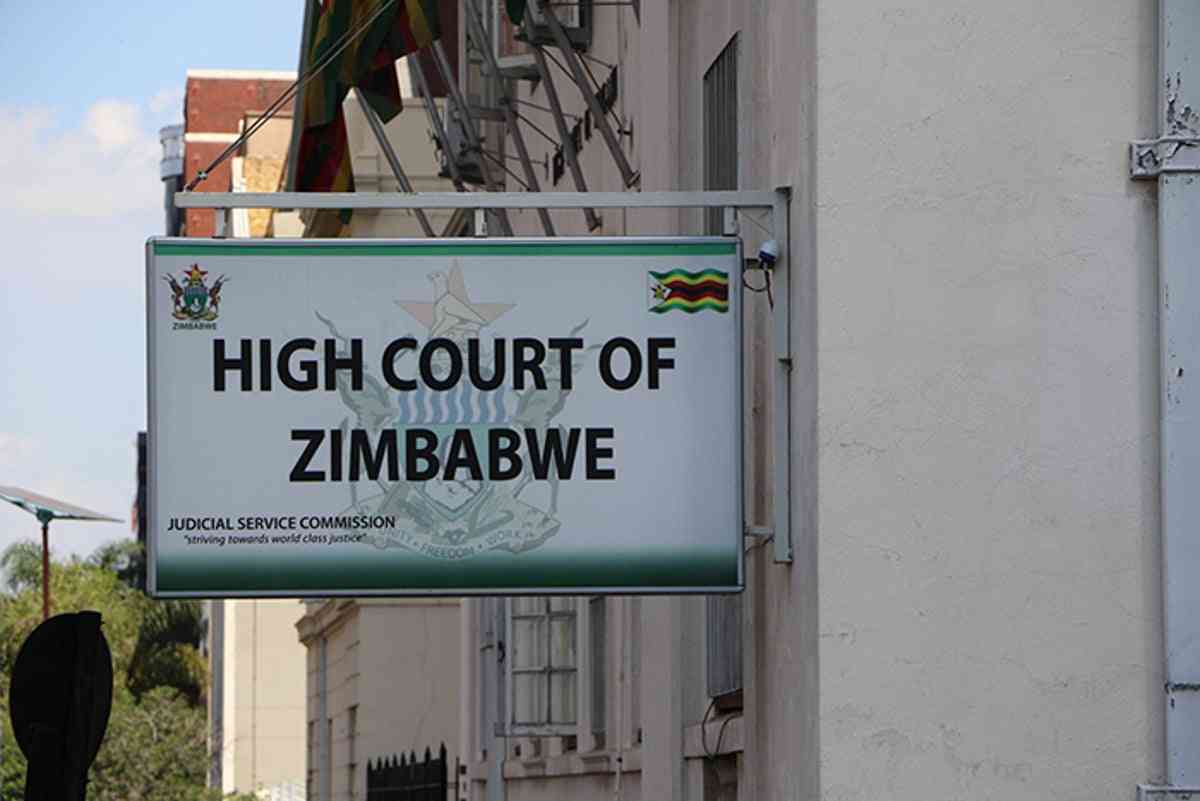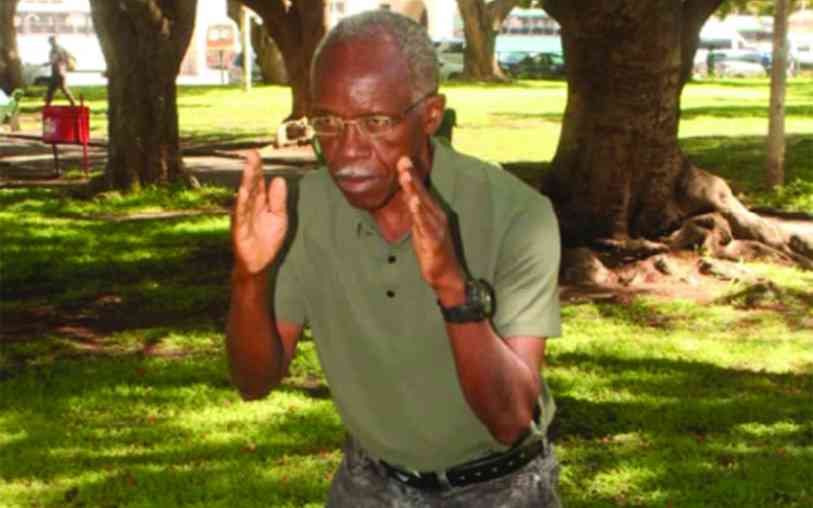
THE High Court has ordered the Zimbabwe Revenue Authority (Zimra) not to seize a Range Rover TDV6 belonging to a returning resident after an attempt to confiscate the vehicle by the tax authority.
Simbarashe Zingwe, a returning resident from the United Kingdom, was entitled to a rebate on duty and was duly granted by Zimra covering the motor vehicle.
In his court application to block the seizure of the vehicle, Zingwe cited Alfred Manyetu and Zimra as first and second respondents, respectively.
According to the court, Zimra officials checked on Zingwe's vehicle and discovered that it was not at home although they found it at his premises on two separate occasions.
On the third visit, the officials did not find the vehicle and Zimra requested that the vehicle be surrendered to their offices.
Zimra then sought to seize the vehicle but Zingwe approached the High Court on an urgent basis and was granted interim relief stopping the seizure.
High Court judge Justice Priscilla Munangati Manongwa heard the final relief order which was contested by the parties.
Zingwe argued that he had left for the UK to collect some of his property but it was never his intention to stay for several weeks.
- Sibanda eyes Miss Africa crown
- Zim Link Up show draws top acts
- Court overturns Zimra’s bid to attach returning resident's vehicle
- Disgruntled prospectors petition government
Keep Reading
He further argued that he was unable to return to Zimbabwe due to COVID-19 restrictions, adding that it was unlawful for Zimra to seek and rely on regulations stating that he had to ask for permission from the commissioner for his goods to remain in the country.
In an affidavit, Zimra submitted that Zingwe violated s105 (8) of the Customs and Excise General regulations when he went on a continuous extended absence from Zimbabwe for more than six months without prior written permission of the commissioner to leave his vehicle in Zimbabwe.
Zimra sought to rely on s 184 of the Customs and Excise Act [Chapter 23:02] which states that any person who damages, destroys or disposes of any goods to prevent seizure will be guilty of an offence.
Justice Munangati Manongwa, however, ruled that there was no allegation or evidence placed before the court that Zingwe damaged, destroyed or disposed of the motor vehicle.
Justice Munangati Manongwa said it was the court’s view that Zingwe had no reason to remove the goods at the time of departure because it was never his intention to be out of the country for more than six months.
She further ruled that Zingwe had no reason to request written permission from the commissioner as he was supposed to be away for just a few weeks.
“So, given the applicant’s travel arrangements the provisions of the stated section were not applicable. The facts that are before me are such that there was in my view no violation of s105(8) of the Customs and Excise Regulations.
“It has not been controverted that the applicant never intended to be away for six months. He clearly explained that but for the COVID restrictions which prevented him from coming back, he had an intention to only spend a couple of weeks in the United Kingdom.
“There is no evidence that the applicant damaged or destroyed the goods or disposed of the goods. Given that the goods were not disposed of neither were they destroyed nor damaged the allegations cannot stick.”
She further ruled that attempts to seize the vehicle were not lawful.
“I find that the applicant has established his case pertaining to the unlawful attempt to seize his motor vehicle.
“I find that in the course of doing their work such as making follow ups on those who would have benefited from rebate, the officers had every reason to defend this matter despite the fact that they have not been successful,” she ruled.










